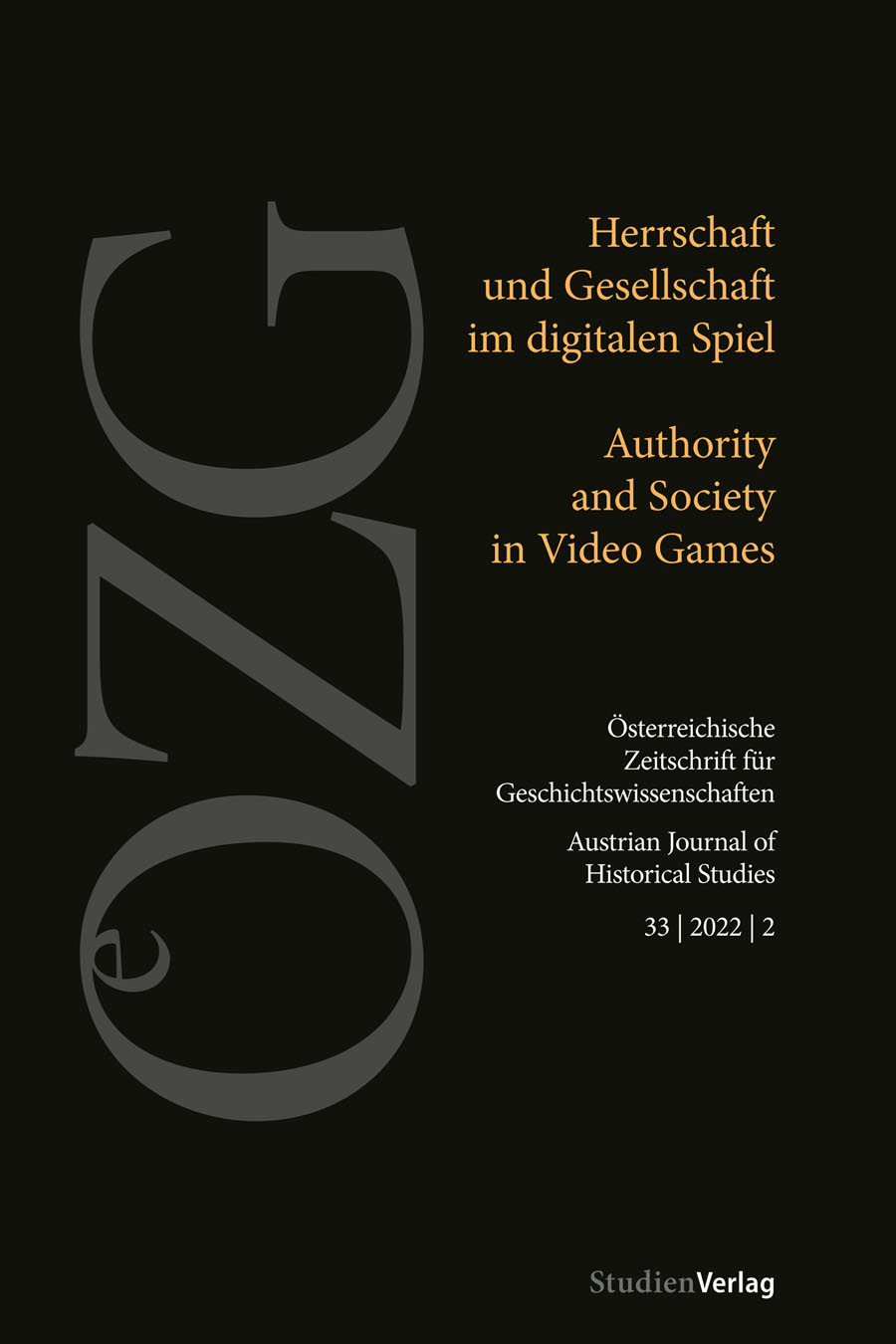Erziehung zur Feindschaft?
Schulische Autorität im Österreich der späten Habsburger Monarchie und der Ersten Republik
DOI:
https://doi.org/10.25365/oezg-2022-33-2-8Schlagworte:
autobiography, education, education policy, pedagogy, authority, dictatorship, Austro-Fascism, democracy, subjugator mentalityAbstract
In 1933 and 1934, Austrian democracy was destroyed. The contribution asks whether the shaping of male youth by the school system of the late Habsburg monarchy formed authoritarian characters, neglected forms of democratic compromise and, as a consequence, favoured the coup d’état and establishment of the Austro-fascist regime. Autobiographies serve as the main sources, although their narrative should not be confused with historical reality. The aim of the article is to examine their stylisations of the self, their secret wishes and sometimes justifications, with all their distortions. When viewed as a collective corpus, these texts reveal patterns that are worth analysing. School turned out to be a regime of boredom and testing; the teachers were helpless subjects who passed on their own adaptation to the regime to pupils through distance, dressage, beating, correction, and control. Schools, especially secondary schools, were identified as a danger to the reorganisation of the state in 1933. There was a fear of an overproduction of educated people, especially educated women, for whom the new state had no use.
Downloads
Veröffentlicht
Zitationsvorschlag
Ausgabe
Rubrik
Lizenz
Copyright (c) 2022 Österreichische Zeitschrift für Geschichtswissenschaften

Dieses Werk steht unter der Lizenz Creative Commons Namensnennung 4.0 International.


